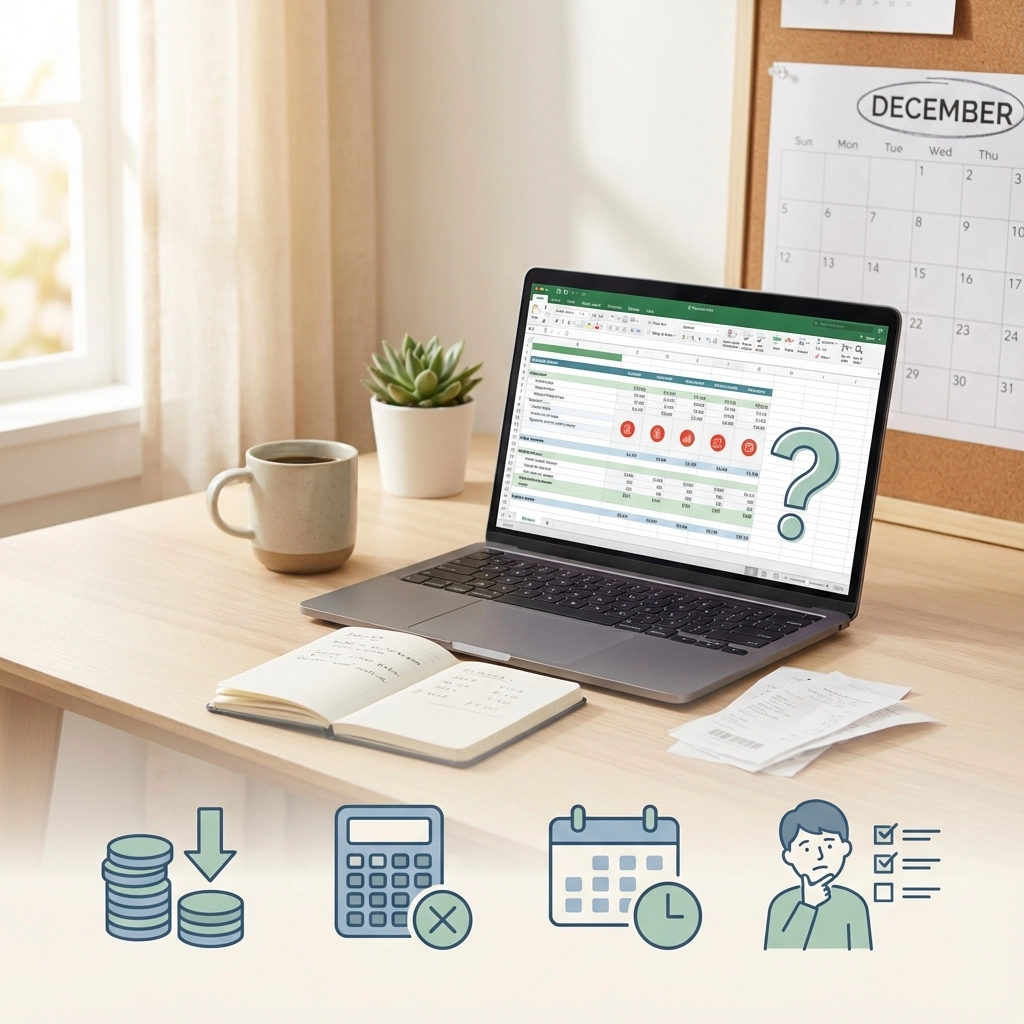top of page
NEWS & UPDATES
Search


Are You Making These Common Year-End Tax Mistakes? Here's What Small Business Owners Need to Know
As we hit December, that familiar year-end panic starts setting in for most small business owners. You're juggling holiday sales, wrapping up projects, and somewhere in the back of your mind, tax season is lurking just around the corner. Here's the thing: most of the tax headaches you'll face in the spring could be avoided with some smart moves right now. After working with hundreds of small business owners, I've seen the same mistakes happen over and over again. The good new
Susan Hagen
Dec 5, 20255 min read


First Time Abatement: How Small Businesses Can Get IRS Penalties Waived
Got hit with your first IRS penalty and feeling like it's the end of the world? Take a deep breath: there's actually some good news here. If this is truly your first penalty rodeo and you've been a good taxpayer for the past few years, you might be able to get that penalty completely wiped out through something called First Time Abatement (FTA). Think of FTA as the IRS's way of giving you a mulligan for your first mistake. It's not widely advertised, but it's a legitimate pro
Susan Hagen
Nov 24, 20256 min read


Safe Harbor Tax Payments: How to Avoid IRS Penalties for Underpayment
Nobody likes surprises from the IRS, especially when they come with penalty notices. If you're a small business owner or have income that isn't subject to withholding, you've probably heard the term "safe harbor" thrown around during tax conversations. But what does it actually mean, and how can it save you from those dreaded underpayment penalties? Think of safe harbor as your insurance policy against IRS penalties. It's basically a set of rules that, if followed, guarantee
Susan Hagen
Nov 21, 20255 min read
bottom of page
.png)